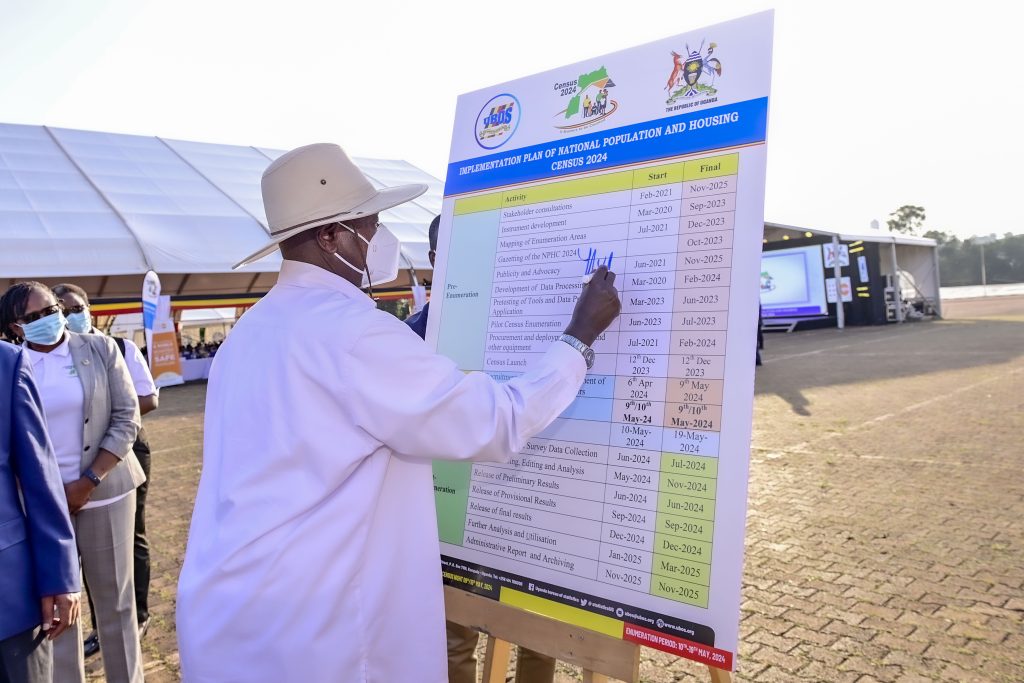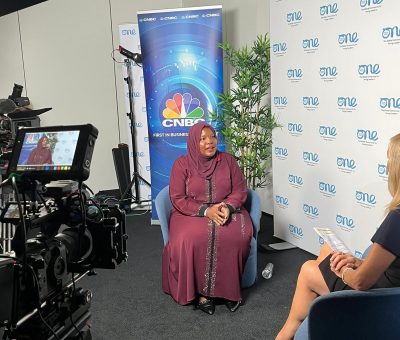
Why it is important to take part in the census
Uganda is set to conduct the National Population and housing Census 2024 with the reference night being 9th May 2024. The Census will be done in 10 days starting on 9th May 2024 to 19th May 2024.
The President of Uganda, His Excellency Yoweri Kaguta Museveni, launched the NPHC 2024 activity on December 12th 2023. After every 10 years, Uganda holds a national census and the last one was carried out in 2014.
The census figures play a critical role in guiding planning, policy formulation, and programme implementation as well as monitoring development progress in line with the national goals and objectives.
The census exercise will use digital technology to collect, process and disseminate census results. The digital census will enable the Uganda Bureau of Statistics (UBOS) to produce accurate and timely demographic, social and economic statistics.
The census is a vital process for any society, and there are several compelling reasons why every person should get involved:
Representation
Census data determines how seats in the legislative bodies are distributed. This means that if people aren’t counted accurately, certain areas may be underrepresented, leading to a lack of political power and resources for those communities. The data also influences the allocation of federal funding for essential services like schools, hospitals, roads, and emergency services. Governments use population figures to determine where to invest resources, so an accurate count ensures that communities receive their fair share of funding.
Businesses, governments, and organizations use census data for planning and development purposes. For instance, retailers may use population data to decide where to open new stores, while city planners might use it to determine where to build new infrastructure.
Census data is used to identify areas with specific demographic needs, such as areas with high concentrations of elderly people or low-income families. This information helps governments and non-profit organizations allocate resources for social services like healthcare, affordable housing, and food assistance programs.
The census is essential for upholding democracy and civil rights. Accurate population counts ensure fair representation and help prevent gerrymandering, a practice where electoral district boundaries are manipulated to give one political party an advantage over others.
Data for research and analysis
Census data is a valuable resource for researchers, policymakers, and academics studying various aspects of society, including demographics, economics, public health, and social trends. It provides a comprehensive snapshot of the population that can be used for a wide range of analyses and studies.
During emergencies such as natural disasters or public health crises, census data is crucial for emergency preparedness and response efforts. It helps authorities understand population density, demographics, and vulnerabilities, enabling them to allocate resources effectively and respond to emergencies more efficiently.
Records
The census serves as a historical record of the population at a particular point in time. It provides valuable insights into demographic changes, migration patterns, and societal trends over time, helping future generations understand their heritage and make informed decisions.











